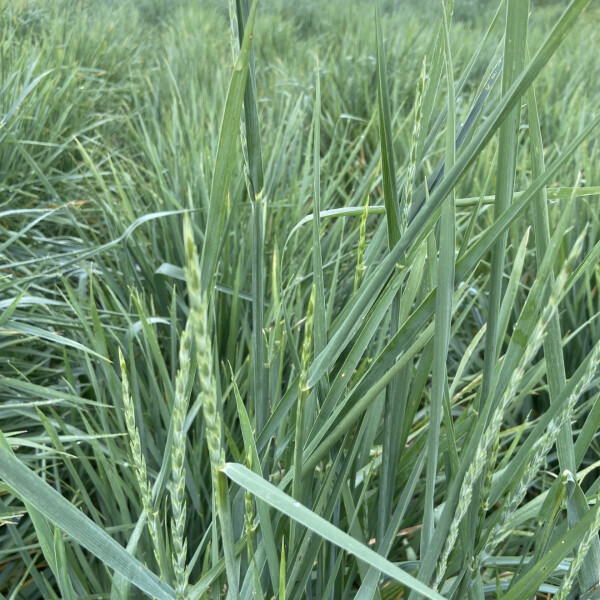
Enhanced Rock Weathering Impacts on Plants 2024
Greenhouses, lab, outside in the field
Fieldwork, Labwork, Plant Morphology, Data
Enhanced Rock Weathering (ERW) has emerged as a leading decarbonization technology. It involves spreading crushed basalt or other mafic rocks rocks. These rocks rapidly react with atmospheric CO2, and the small particles increase the surface area available and reactivity. When the pulverized rock reacts with water, several geochemical processes occur. The key reaction involves CO2 dissolved in water. Carbon dioxide present in the soil or atmosphere reacts with water to form carbonic acid (H₂CO₃), which reacts with rock-forming minerals. During this process mineral weathering process, minerals break down and release a variety of cations into solution, including calcium (Ca2+), magnesium (Mg2+), potassium (K+), and sodium (Na+), which may contribute to soil nutrition. Mineral weathering also transforms CO2 to HCO3-, which is relatively stable in solution over long timescales and therefore represents a sink for atmospheric CO2 storage. This summer project is part of a larger collaborative project aimed at synthesizing expertise in geochemistry, plant biology, and soil ecology and involves greenhouse mesocosm experiments. The intern will be looking at impacts of ERW on plant growth and development.

